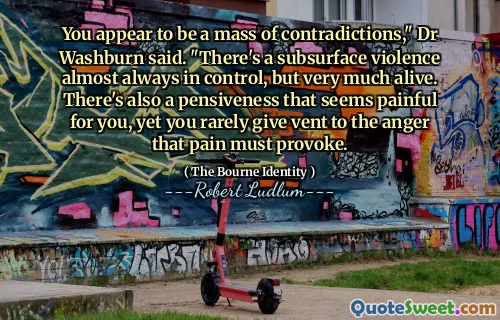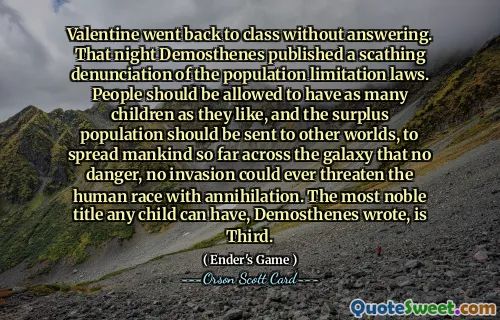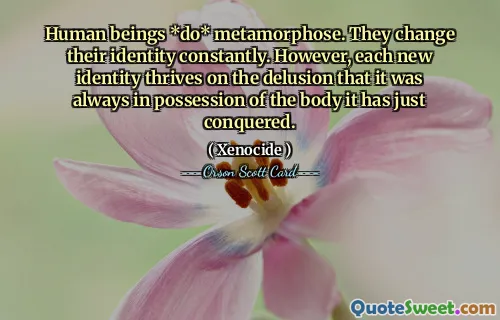We must have sinned greatly, at some juncture long buried in our protozoic past, to deserve such a universe
In "Toward the End of Time" by John Updike, the narrative explores themes of existentialism and the human condition against the backdrop of a universe perceived as indifferent or harsh. The quote suggests a reflection on past actions or sins, hinting that humanity’s current struggles may arise from ancient transgressions, creating a sense of historical weight on present existence.
This contemplation reflects a deeper philosophical inquiry into why suffering exists in a seemingly random universe. Updike's work encourages readers to ponder the legacy of humanity's past and its implications for modern life, suggesting that our current state may not just be a result of immediate circumstances but rather a continuation of a much longer narrative of human experience.





